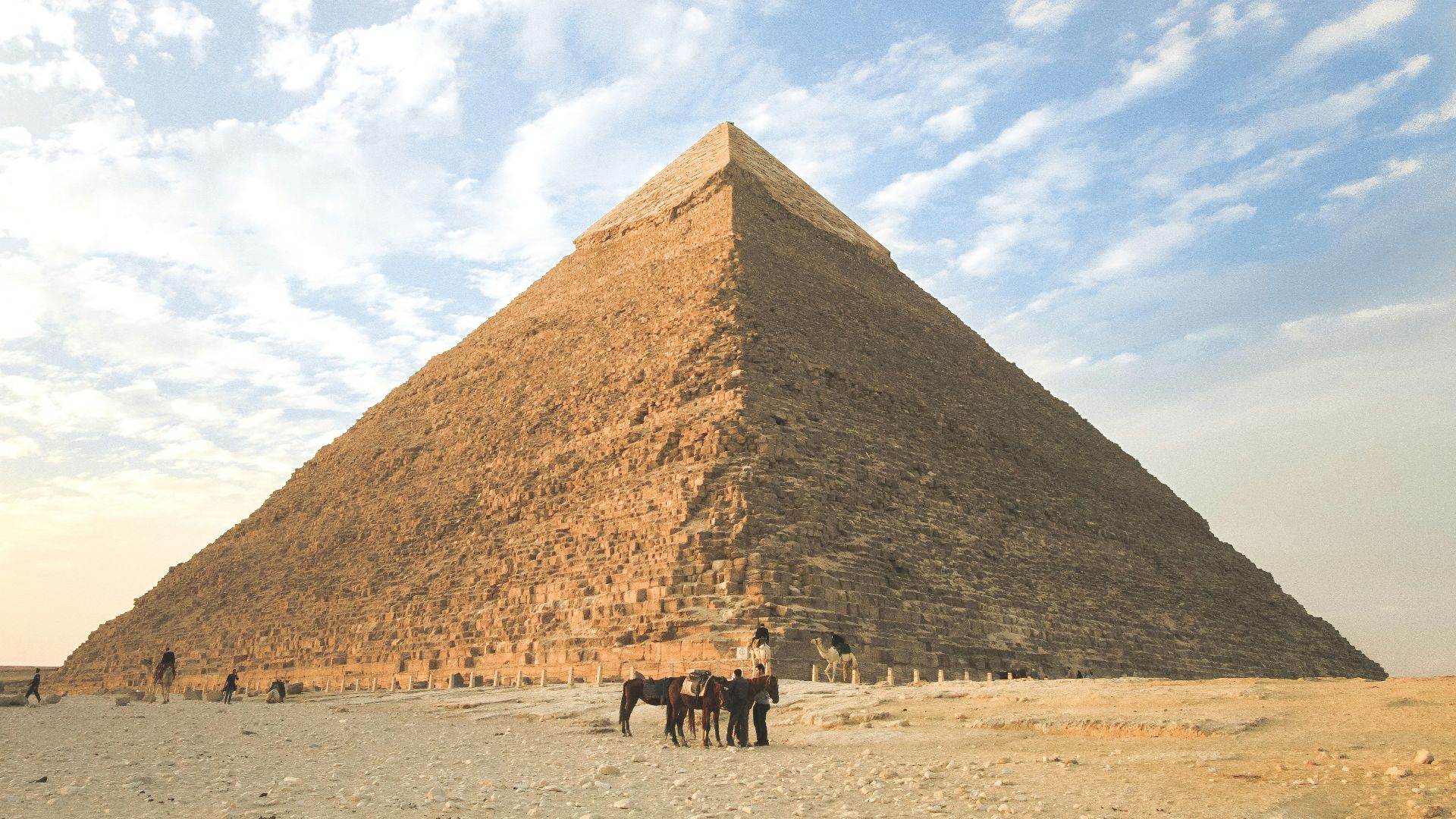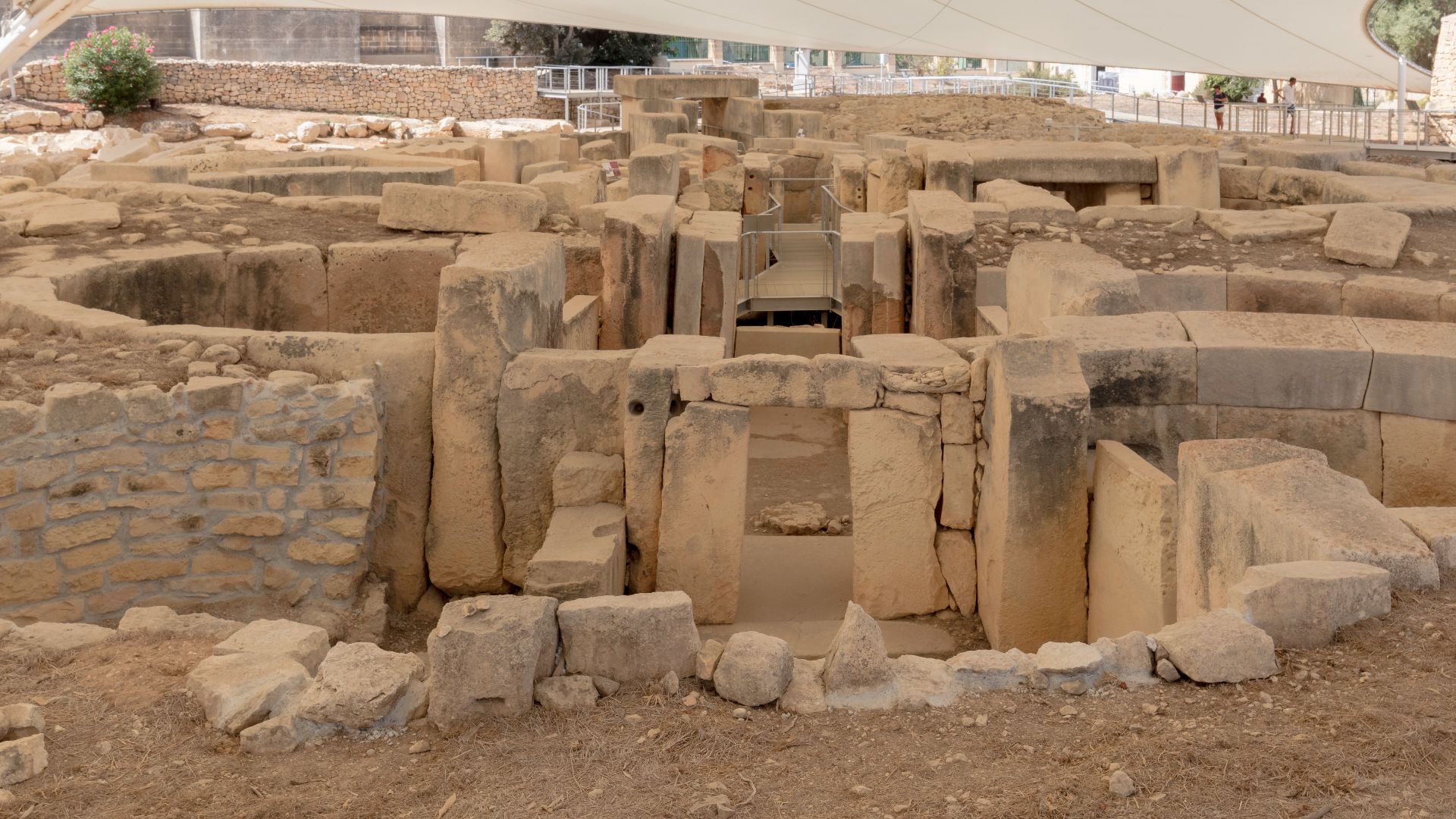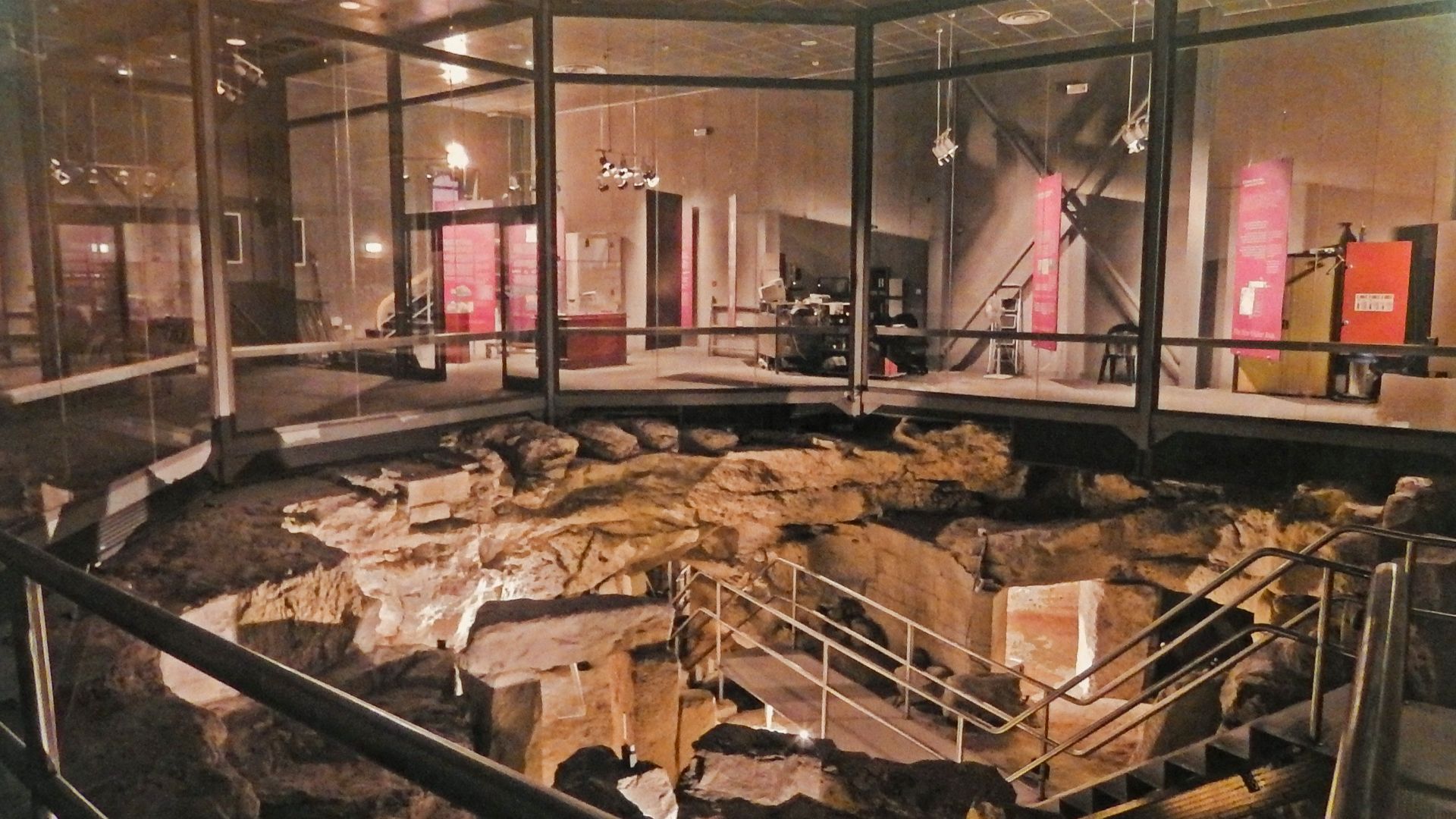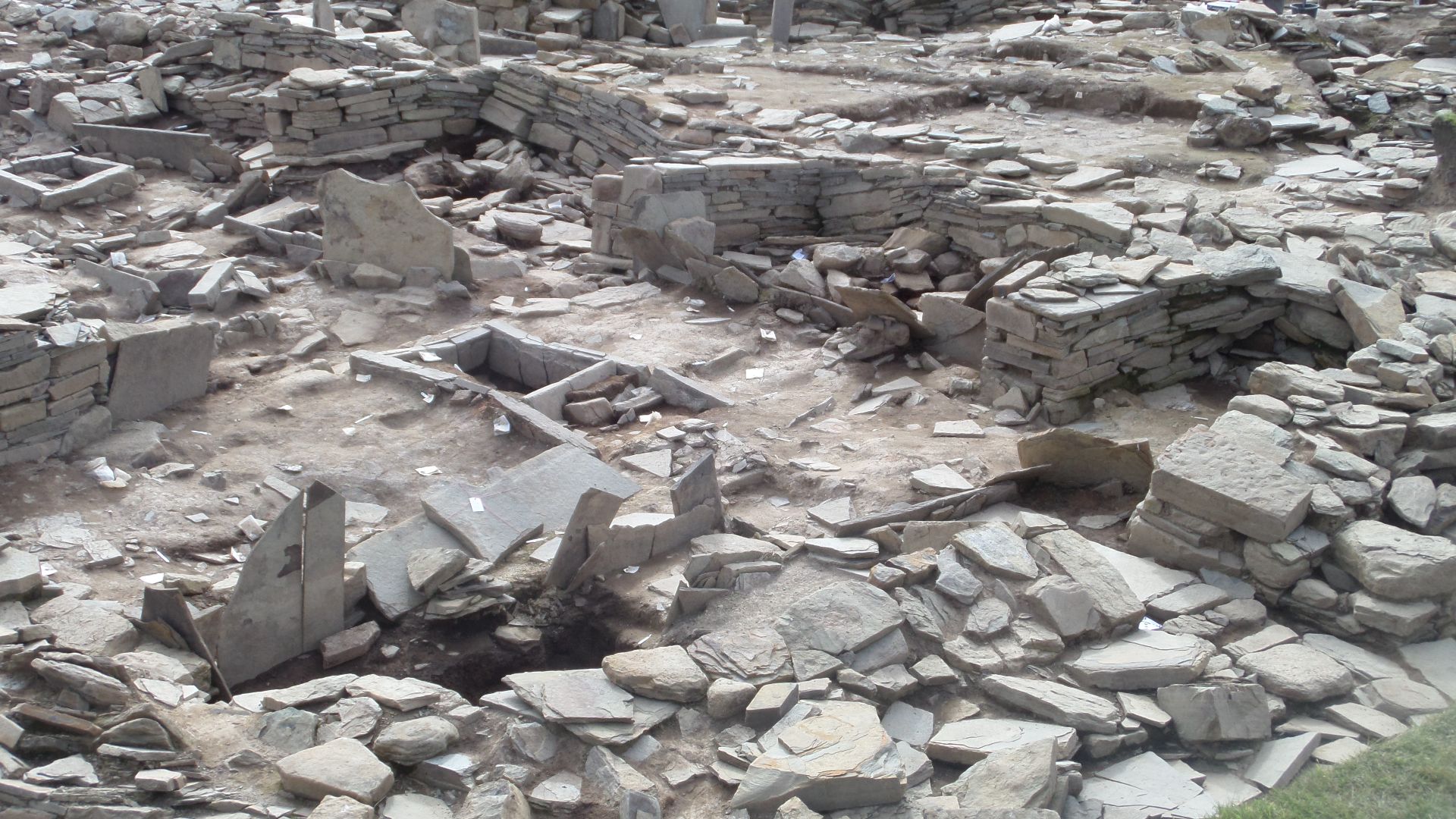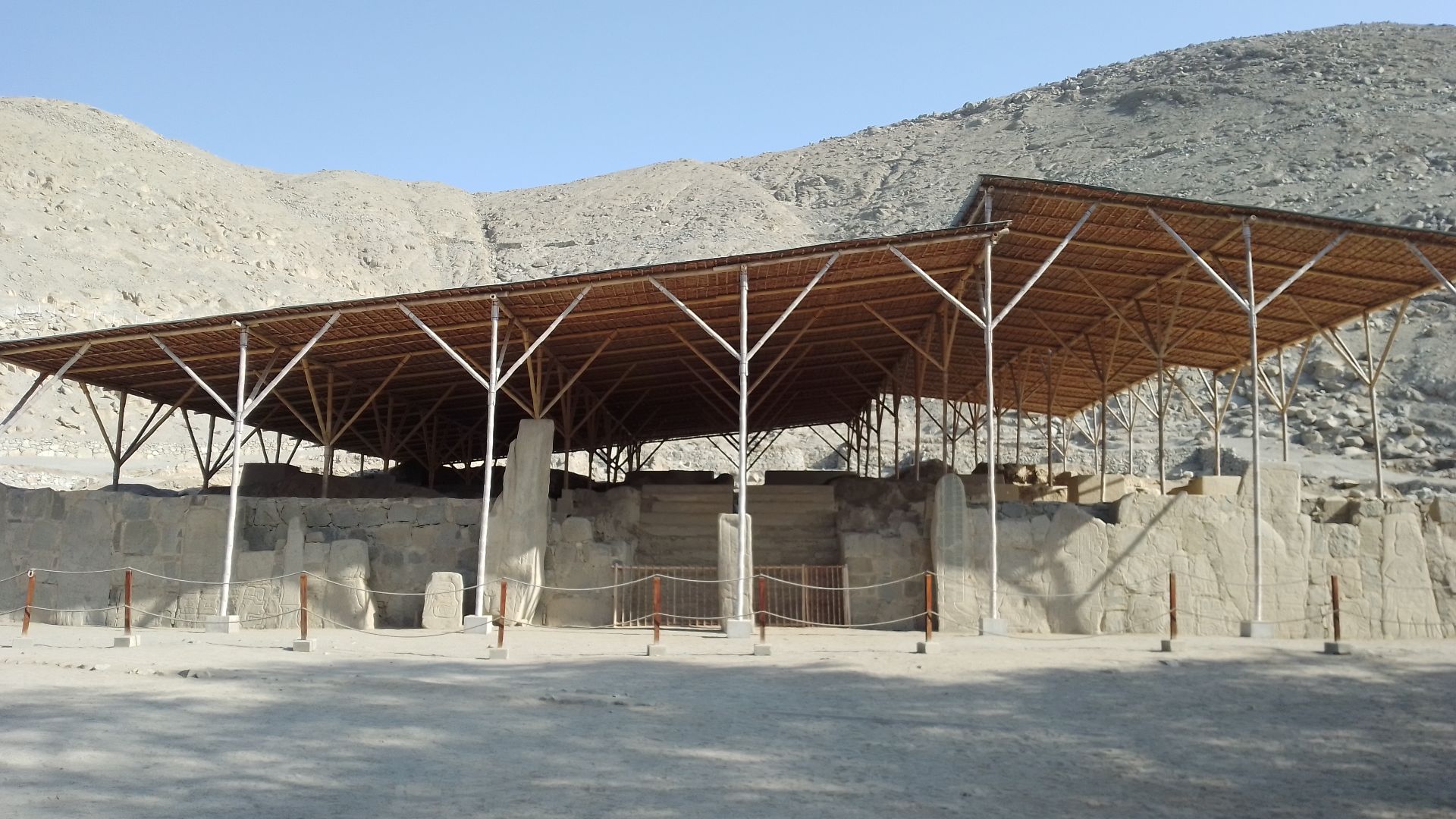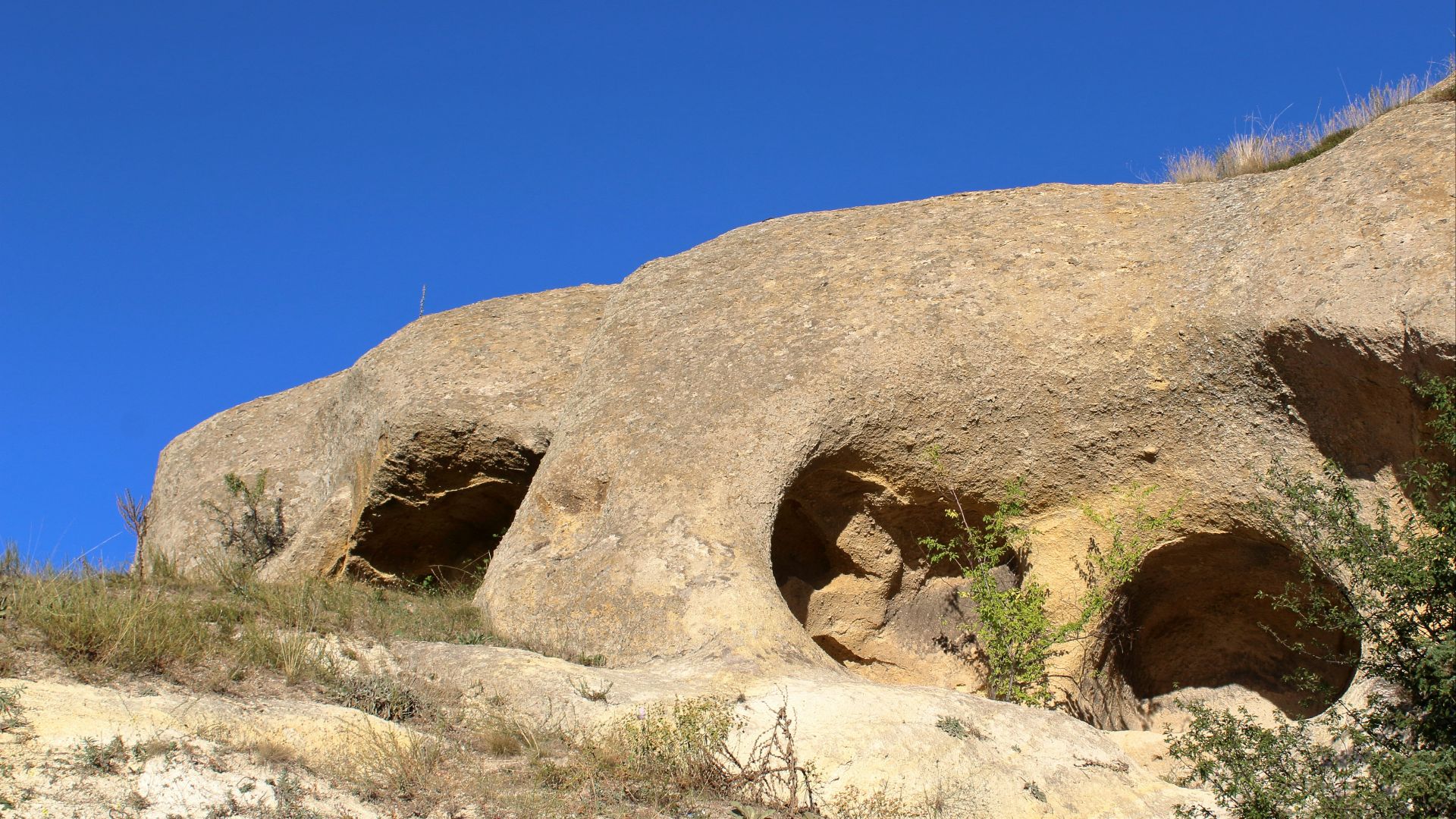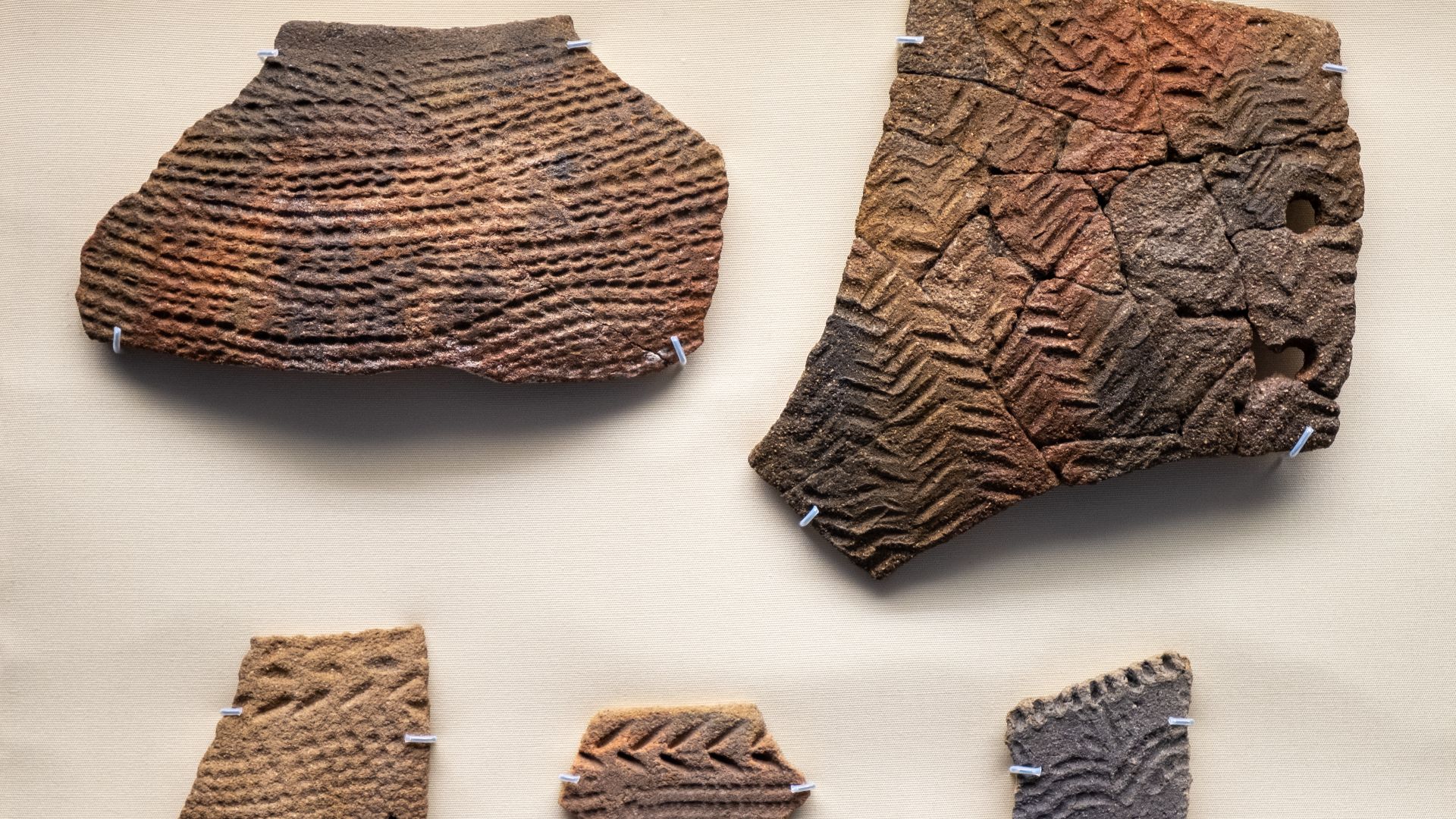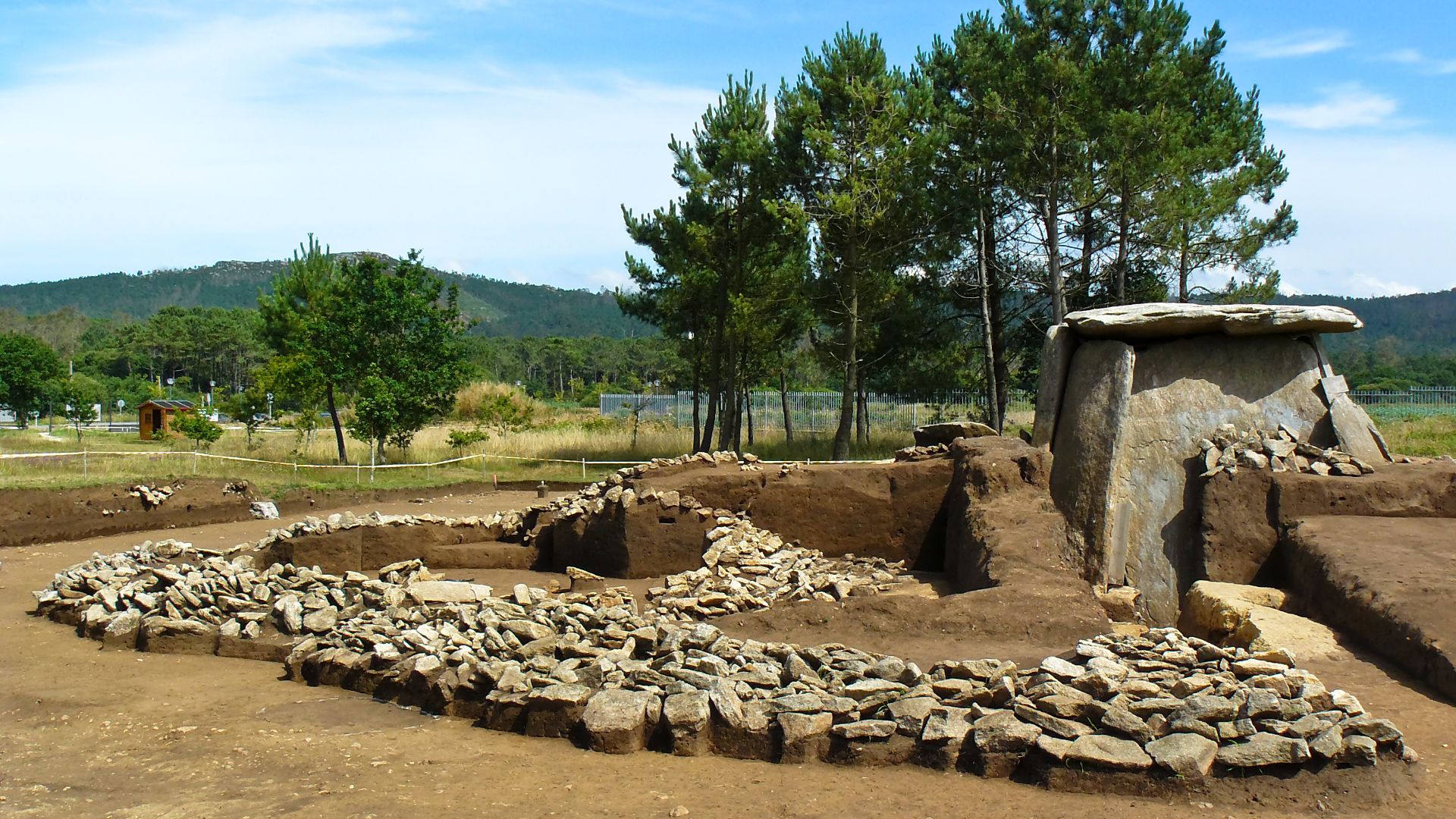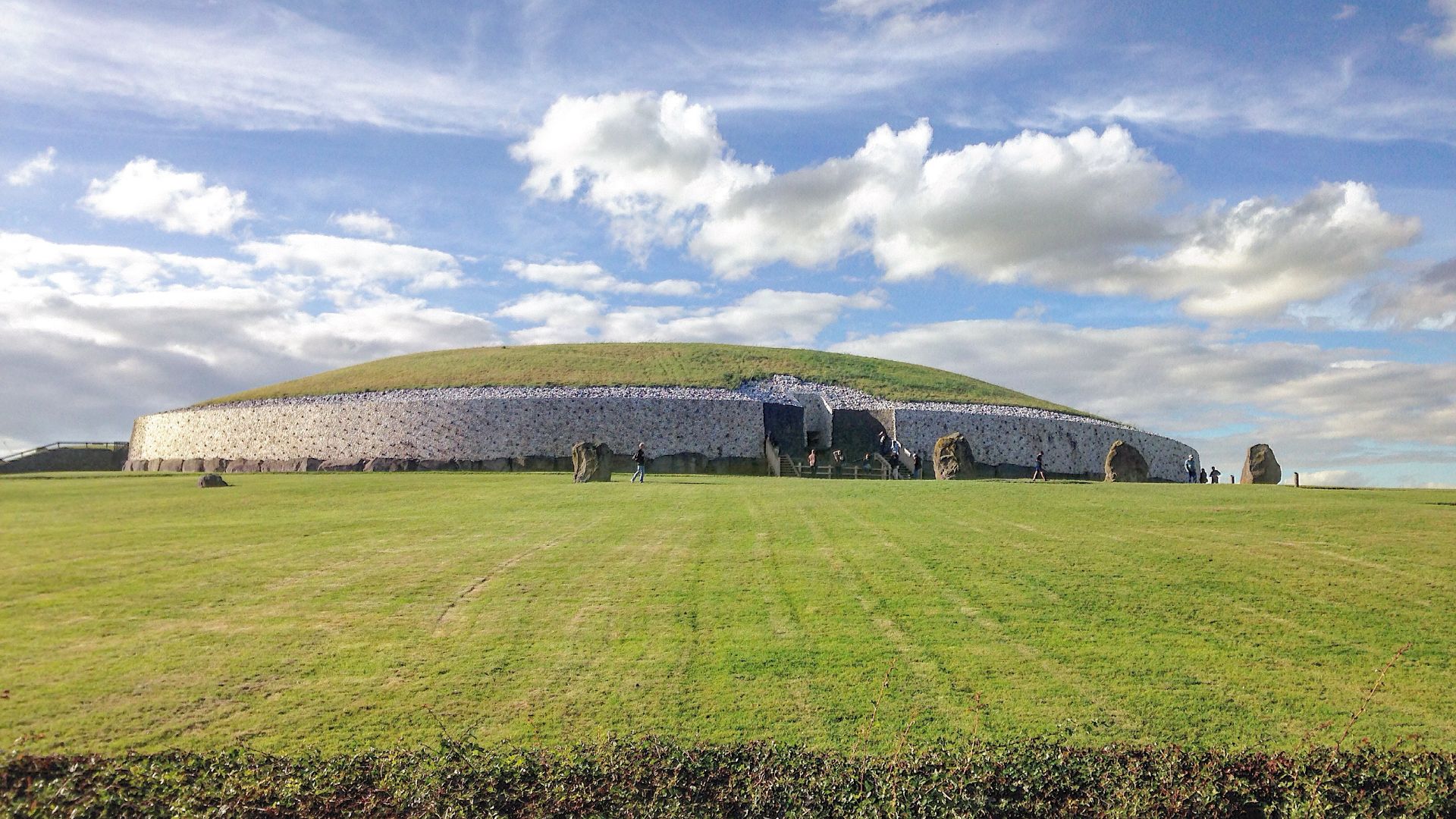Old Stones, Big Stories
Monuments are a strange paradox. They stand still, but they move us. They’re mute, but they tell stories louder than anything carved within living memory. People travel thousands of miles just to see piles of stone that haven’t budged in 5,000 years, and still—every time—you feel the crushing sense of your own insignificance in the face of the human story. That mix of awe and curiosity gets under your skin, and occasionally—just occasionally—you find yourself thinking that the guidebook exaggerated it ever so slightly. Here are twenty of the oldest monuments you can find on your travels.
1. Göbekli Tepe, Turkey
This monument is an impressive 11,000 years old and is sometimes called the world’s first temple. It’s a circular enclosure with towering T-shaped pillars carved with animals. Long before the pyramids, before written language, before pottery, this landmark was already standing—a testament to human creativity.
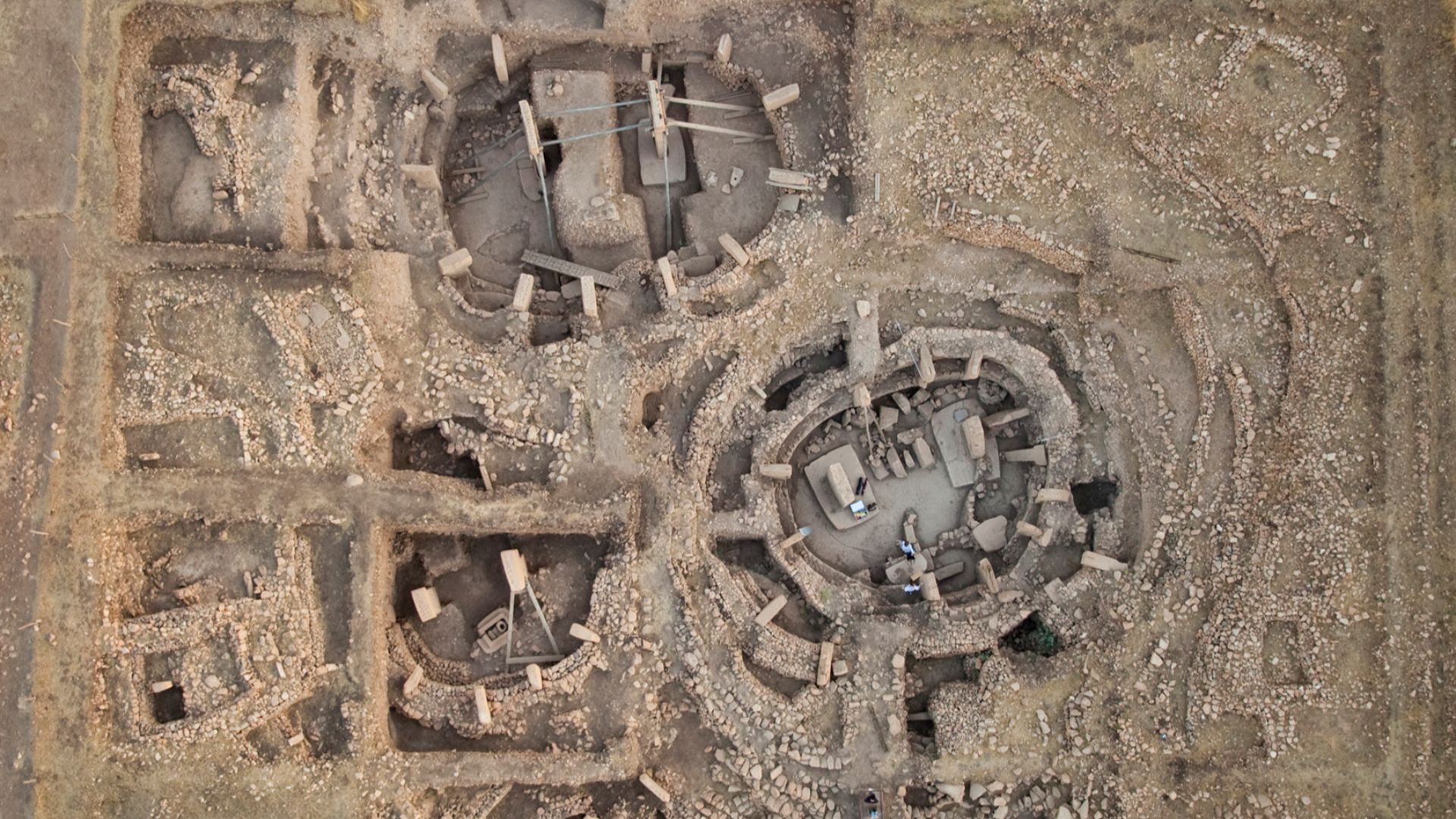 German Archaeological Institute, photo E. Kücük. on Wikimedia
German Archaeological Institute, photo E. Kücük. on Wikimedia
2. The Cairn of Barnenez, France
This massive Neolithic mound, constructed around 4800 BC, can be found on the coast of Brittany. From a distance, it looks like a grassy hill, but once you get a little closer, you realize that it’s actually 72,000 tons of intentionally stacked stone. It gets fewer tourists than Stonehenge, but it’s older.
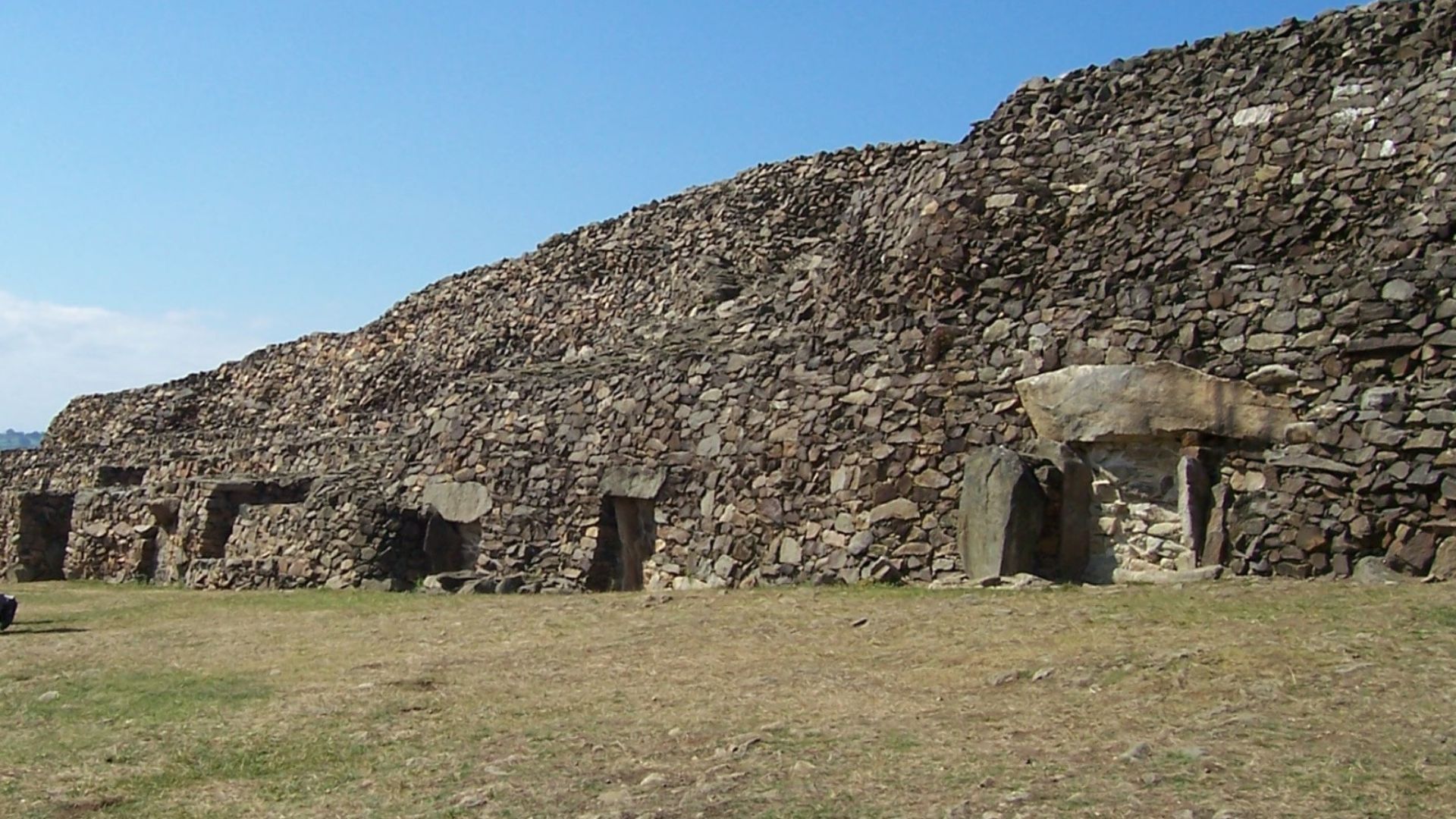 No machine-readable author provided. NewPapillon assumed (based on copyright claims). on Wikimedia
No machine-readable author provided. NewPapillon assumed (based on copyright claims). on Wikimedia
3. The Tarxien Temples, Malta
Built around 3150 BC on a Mediterranean island, these temples consist of huge slabs with spirals and carved animals. Once, a massive statue stood there, though only fragments survive, including a pair of giant stone legs that look oddly modern.
4. Carrowmore Megalithic Cemetery, Ireland
This ancient field is dotted with tombs and stone circles from roughly 3700 BC. It feels less like one big monument and more like a scattered community of stones. Sheep sometimes graze right up against them, oblivious to the significance of the ruins around them.
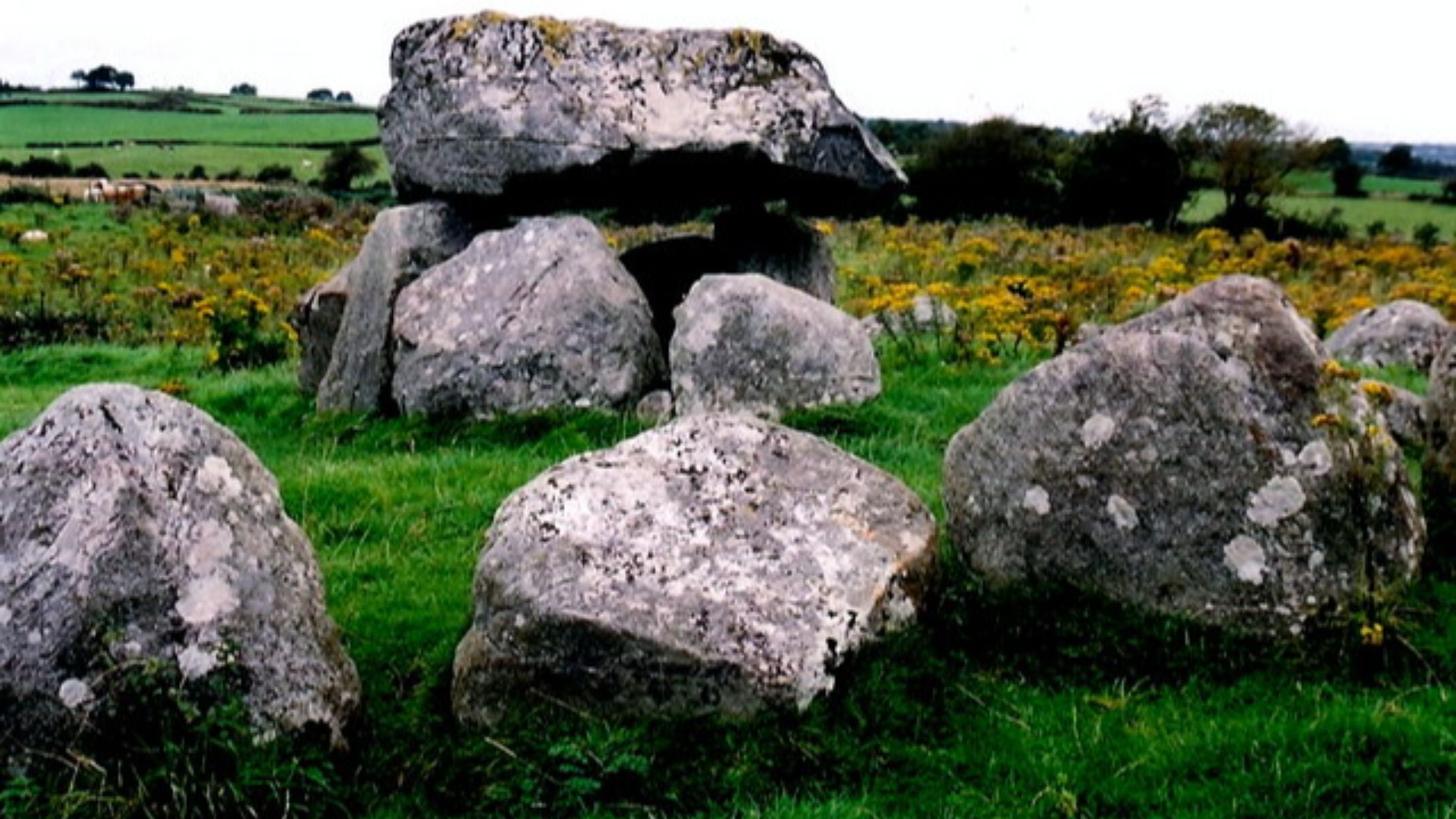 Joseph Mischyshyn on Wikimedia
Joseph Mischyshyn on Wikimedia
5. The Hypogeum of Ħal Saflieni, Malta
This underground labyrinth dates to around 4000 BC and consists of carved chambers where bones once rested. Some passages are so narrow you have to pass through sideways. In the chamber known as “the Oracle Room,” even the softest whispers echo in haunting ways.
6. The Ness of Brodgar, Scotland
This Neolithic complex was only uncovered in the early 2000s, and its painted stones and pottery shards are older than Stonehenge. Archaeologists keep finding new buildings every summer, as if there is no end to this ancient complex.
7. Sechin Bajo, Peru
Dating to about 3500 BC, this massive ceremonial plaza features stone carvings of warriors. Although overshadowed by Machu Picchu, this ruin is far older. Visitors often expect to find grandeur, but what they find is eroded simplicity.
8. The Dolmens of Korea
There are countless thousands of these burial sites, all scattered across the peninsula. With their capstones balanced on upright stones, they appear like oversized tables. Although these burial sites date as far back as 3000 BC, farmers still plow fields around them, as if the stones are just inconvenient obstacles.
9. The Dolmens of Antequera, Spain
These two huge burial chambers, called Menga and Viera, were built with colossal stones weighing 180 tons and are still perfectly aligned with nearby mountains. Step inside the chambers, and the air shifts—becoming cooler, heavier, like time pressing down.
10. Nabta Playa, Egypt
This prehistoric stone circle from 4500 BC sits alone in the desert. Although nobody lies nearby anymore, it was once on the shore of a prehistoric lake. Some of the stones align with stars, suggesting that the builders had an awareness of astronomy.
11. Stonehenge, England
Everyone knows it, so sometimes people dismiss it as commonplace. If ever you happen to find yourself standing in the inner circle, you’ll understand the achievement. Built around 3000 BC, the stones used in the monument were dragged from 150 miles away.
12. The Carnac Stones, France
Erected around 3300 BC, this monument consists of thousands of stones lined up in rows that stretch for miles. Some call it the world’s largest collection of standing stones.
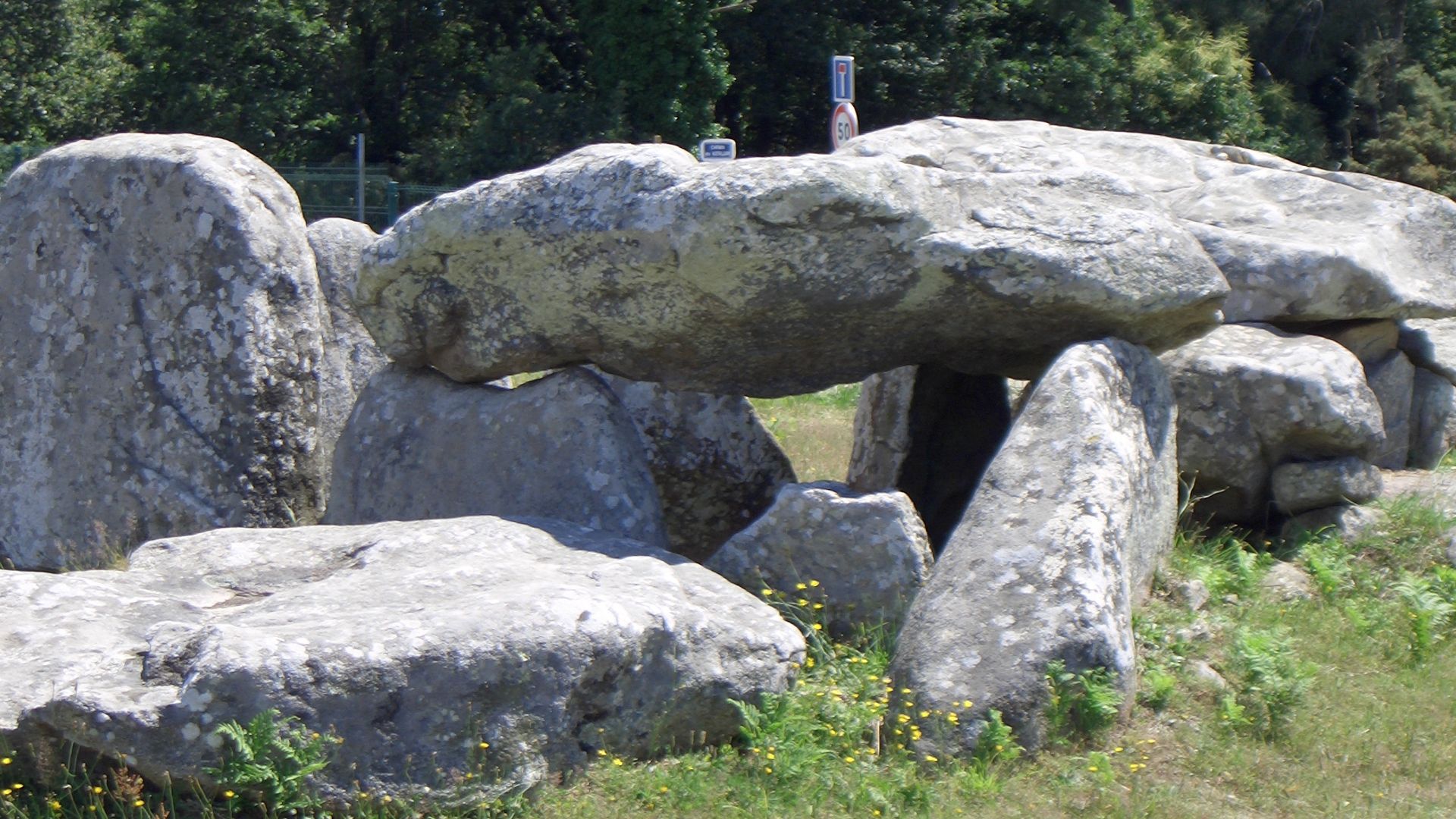 Photograph by Mike Peel (www.mikepeel.net). on Wikimedia
Photograph by Mike Peel (www.mikepeel.net). on Wikimedia
13. Skara Brae, Scotland
This preserved Neolithic village dates to 3100 BC, yet its stone houses with beds, shelves, and hearths remain intact. Despite its age, the scene inside looks shockingly domestic, like the owners just stepped out for a walk and never came back.
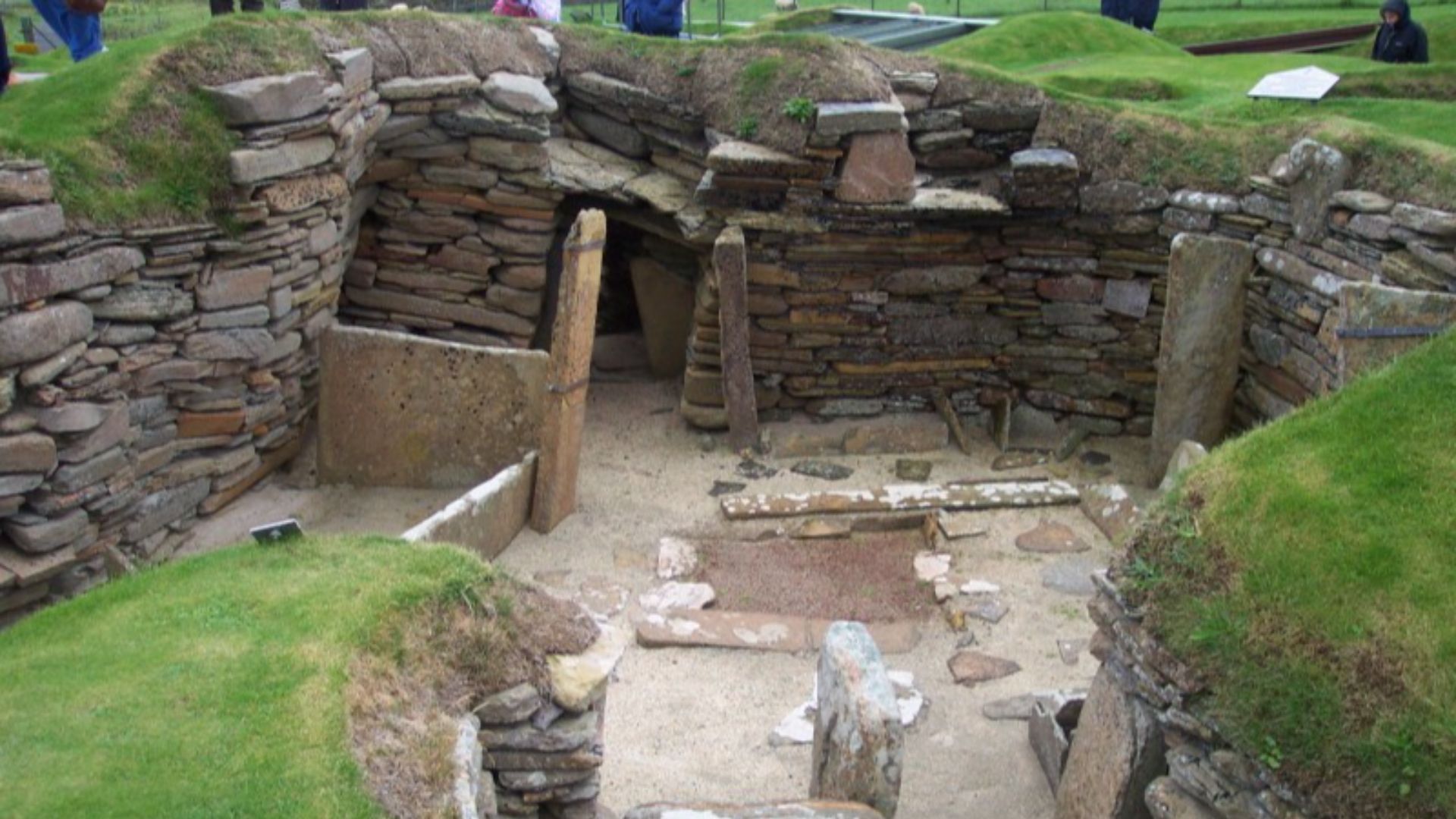 Dr. John F. Burka on Wikimedia
Dr. John F. Burka on Wikimedia
14. The Dolmen of Dombate, Spain
This chambered tomb is from 3800 BC, and inside, faint paintings survive, featuring red and black geometric shapes on stone. Few people outside Galicia have heard of it, but it’s as old as many of the more famous sites.
15. Ġgantija Temples, Malta
The name of this place means “giantess,” because locals once believed only giants could have built them. Constructed around 3600 BC, the walls are thick—it’s difficult to grasp that it’s simply limestone bricks assembled without mortar. Sunlight hits at strange angles, lighting altars just so.
16. Poverty Point, Louisiana, USA
These earthworks were shaped into massive ridges and mounds about 3,500 years ago, making it quite ancient for North America. People rarely talk about it outside archaeology circles, but it once hosted thousands.
 https://www.flickr.com/photos/15308454@N06/ Kniemla on Wikimedia
https://www.flickr.com/photos/15308454@N06/ Kniemla on Wikimedia
17. Monte d’Accoddi, Sardinia
This stepped pyramid or ziggurat, built around 4000 BC, looks like a giant altar rising out of the farmland. There’s something eerie about seeing it surrounded by sheep, all traces of the previous peoples gone.
18. Newgrange, Ireland
This passage tomb from 3200 BC is older than the pyramids. On the winter solstice, sunlight pierces a narrow tunnel and floods the inner chamber with light. Every year, thousands apply for a lottery to determine who gets to stand inside on that special day.
19. The Ziggurat of Ur, Iraq
This Mesopotamian temple dates back to 2100 BC. It was partially restored in the 20th century, so parts look strangely new against the weathered brick. Still, climbing it feels like climbing into history’s blueprint for the pyramids and temples of the future.
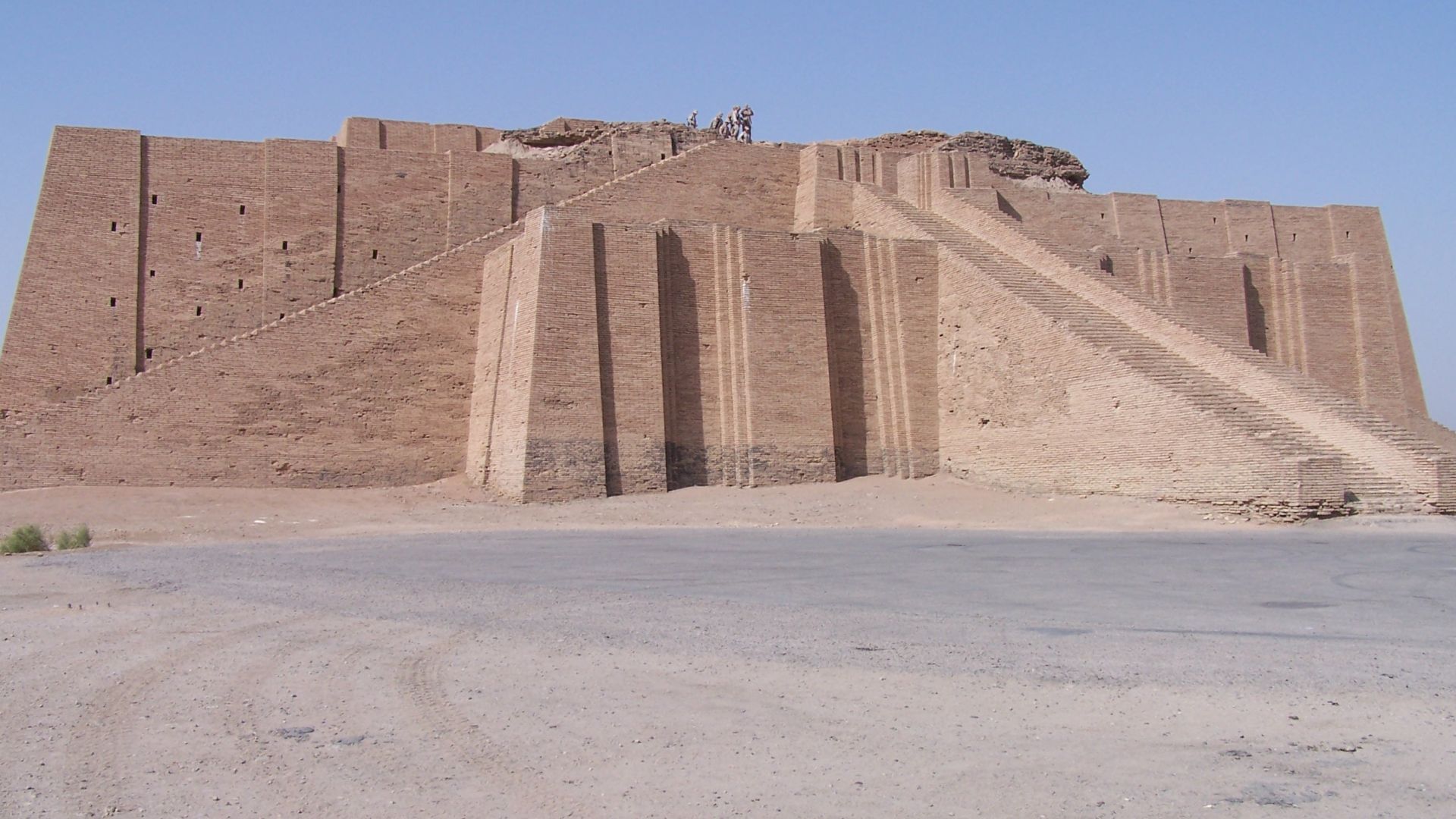 en:User:Hardnfast on Wikimedia
en:User:Hardnfast on Wikimedia
20. The Great Pyramid of Giza, Egypt
No list would be complete without this entry. For 3,800 years, it held the title of tallest human-made structure and was visible for miles away. Even knowing this, the true scale doesn’t hit you until you’re standing at its base, craning your neck to see the top.
KEEP ON READING

20 Beauty Regimens From Antiquity
Ye Olde Mud Baths. It’s comforting to know that even…
By Breanna Schnurr Oct 27, 2025
20 European Sites With a Dark History
Poveglia Island Was Once a Quarantine Zone. Europe is filled…
By Rob Shapiro Oct 27, 2025
20 Jaw-Dropping Fabergé Eggs
Treasures Of Imperial Russia. Few things better encapsulate the beauty…
By Ashley Bast Oct 24, 2025
The 20 Greatest Drummers In History
A Band Is Only As Good As Its Drummer. Drummers,…
By Emilie Richardson-Dupuis Oct 23, 2025
20 Facts About Halloween & Its History
Spooktacular Origins. The scariest night of the year is made…
By Breanna Schnurr Oct 22, 2025
10 Princesses Who Broke The Rules & 10 Who Played…
Life Isn't A Fairy Tale. Princesses aren't always sweet and…
By Ashley Bast Oct 22, 2025

